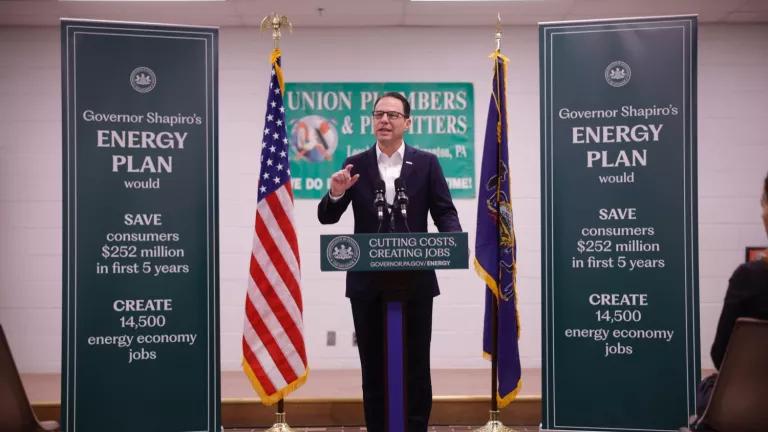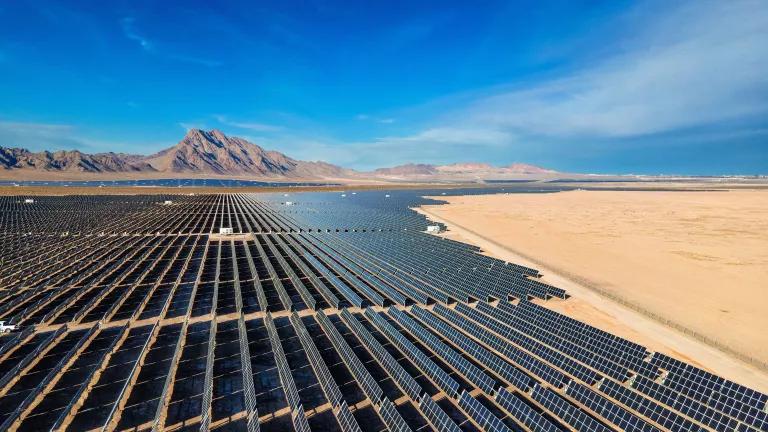Is the World Bank Ending Financing for Coal? Only in Kosovo…
Earlier this week, it was announced by President Jim Kim of the World Bank that the institution would be ending consideration of financing a coal plant in Kosovo. This is a very big deal, as it is the only coal-fired power plant that the World Bank has considered directly backing in a long time.
Kim stated explicitly that World Bank was no longer planning to provide a partial risk guarantee for the construction of this coal plant because the Bank needed to “go with the lowest cost option, and renewables have now come below the cost of coal ... so without question we are not going to do that [coal project].”
This is a big victory for climate-vulnerable communities worldwide, as it makes clear that the Bank has reconsidered its position on coal- the single largest source of power sector carbon emissions. Only a decade ago, the World Bank was mired in controversy for its role financing huge coal megaprojects in South Africa, among other places. Those projects have had huge delays and cost overruns, causing more debt for South Africans—forcing them to pay for highly-polluting coal projects that should not have been built in the first place. It’s good to see that the Bank has finally acknowledged that renewables are a cheaper option than coal for Kosovo and won’t be making the same mistake there.
Other multilateral banks, plus development banks, should follow the lead of the World Bank when it comes to project financing for coal projects: Reconsider pending coal projects, compare to the cost of alternatives such as renewables, and consider the environmental and health costs of coal.
World Bank Group's Support for Coal Projects Continues
Unfortunately, the Kosovo project is not the only involvement of the World Bank Group in coal projects worldwide. The International Finance Corporation (IFC), is the private sector arm of the World Bank Group. For years civil society groups have been critical of IFC for supporting financial intermediaries that have investments in coal. (“Financial intermediaries” means commercial banks, private equity funds and hedge funds are funneled from IFC to them, and then the intermediaries carry out projects without the same safeguards and oversight as IFC.) The IFC president just announced that the institution would ask future financial intermediary clients to “formally commit to reduce, and in some cases to exit all coal investments over a defined period.” This follows a formal complaint against the IFC from 2017, filed by the Philippine Movement for Climate Justice, because of the IFC’s involvement in 19 coal-fired power plant projects in the Philippines. The Philippine Movement for Climate Justice has responded, stating that the IFC’s new policy does not go far enough:
“Our people and the planet urgently require much bolder actions. The IFC should withdraw equity from all clients—financial intermediaries and corporations—who refuse to divest from coal and other fossil fuels.”
—Ian Rivera, National Coordinator of the Philippine Movement for Climate Justice
While the move to withdraw direct World Bank support for the Kosovo coal project is a good first step, the World Bank must fully commit and end all forms of support to coal—such as through intermediary lending. Passing the buck, literally, to intermediary institutions that go on to fund coal projects just allows the problem to continue—using World Bank money—without the World Bank’s name attached.



